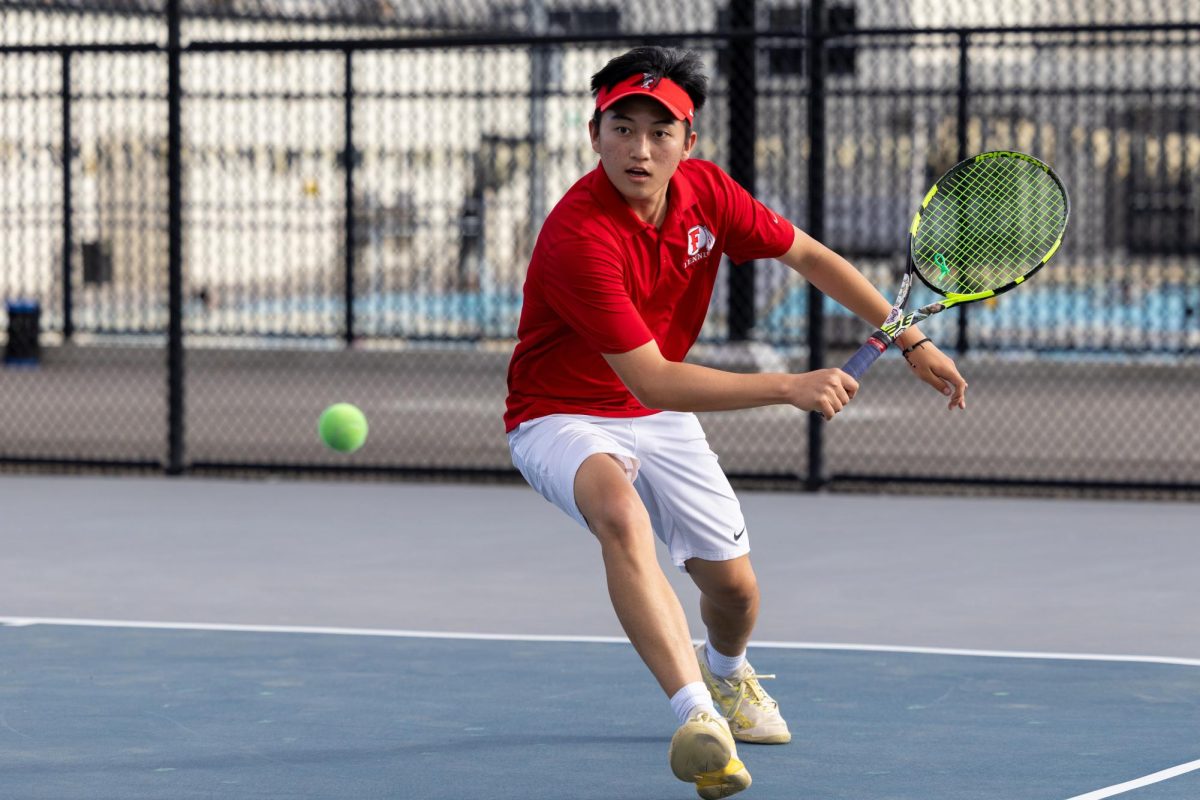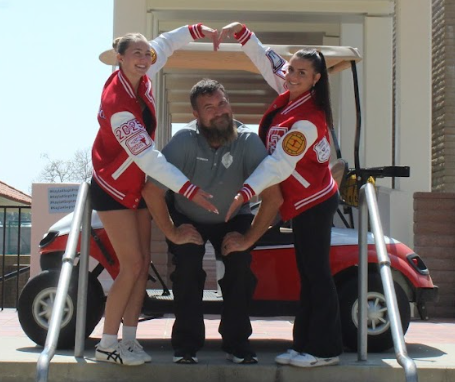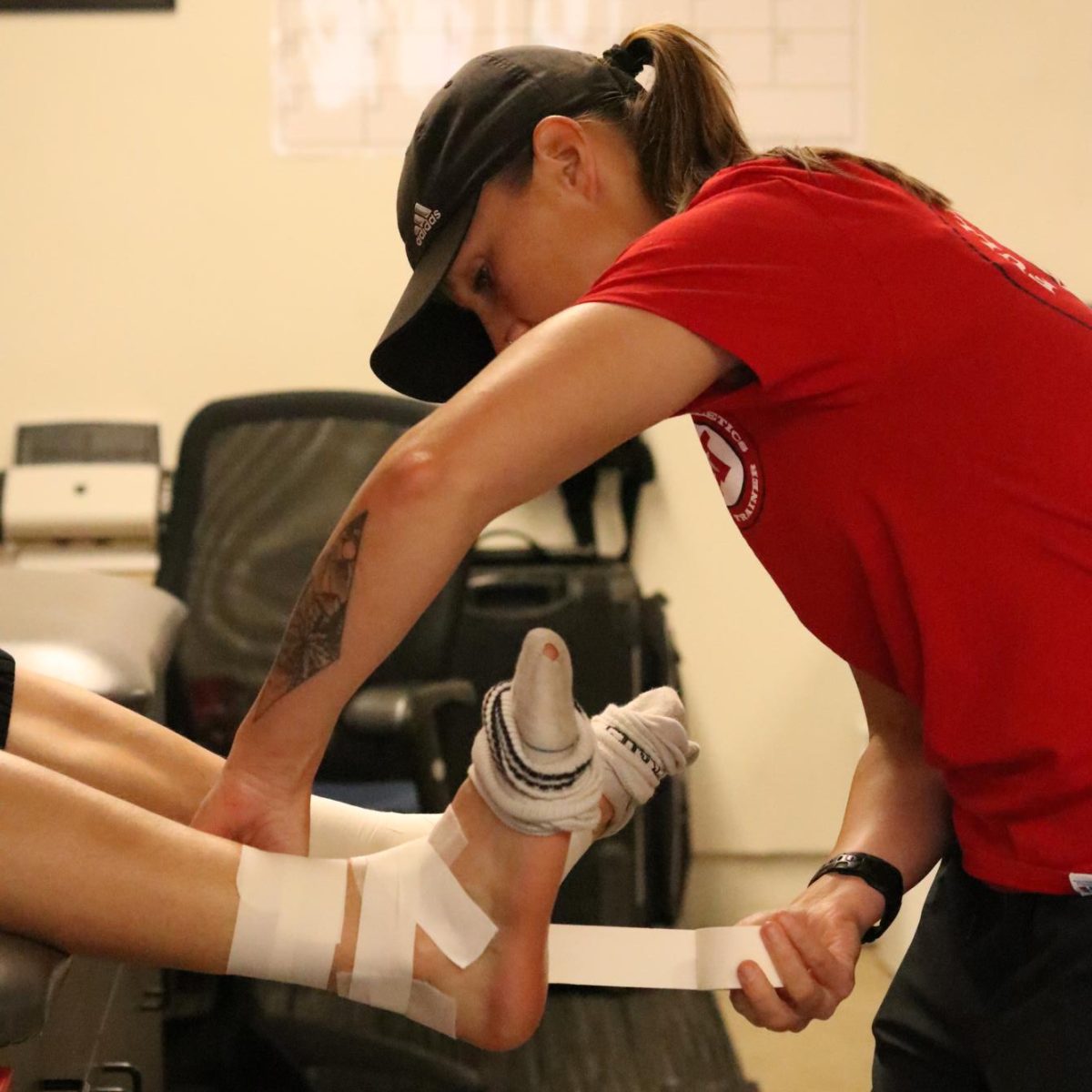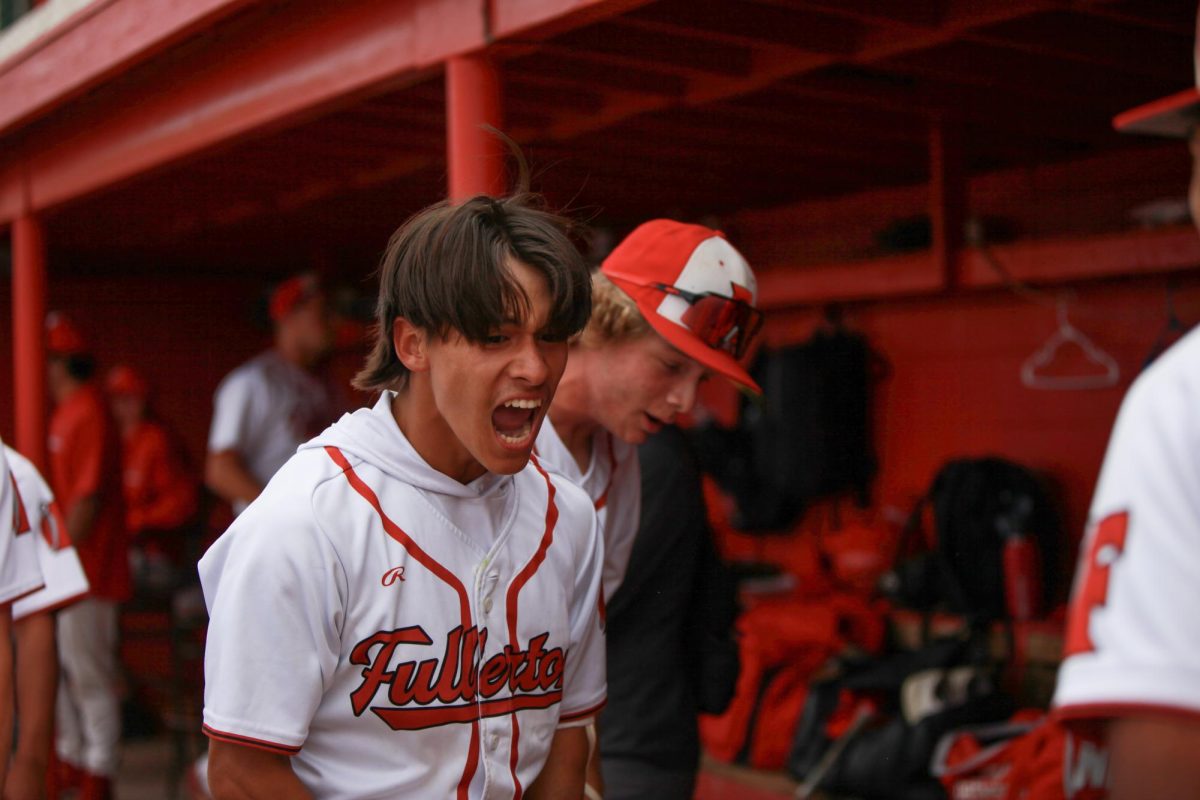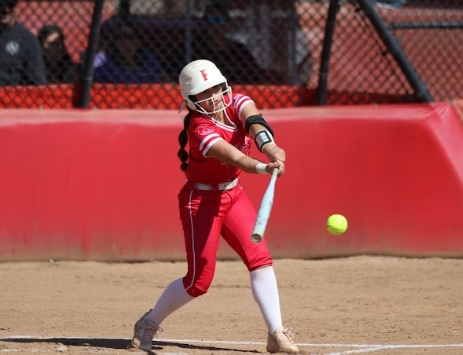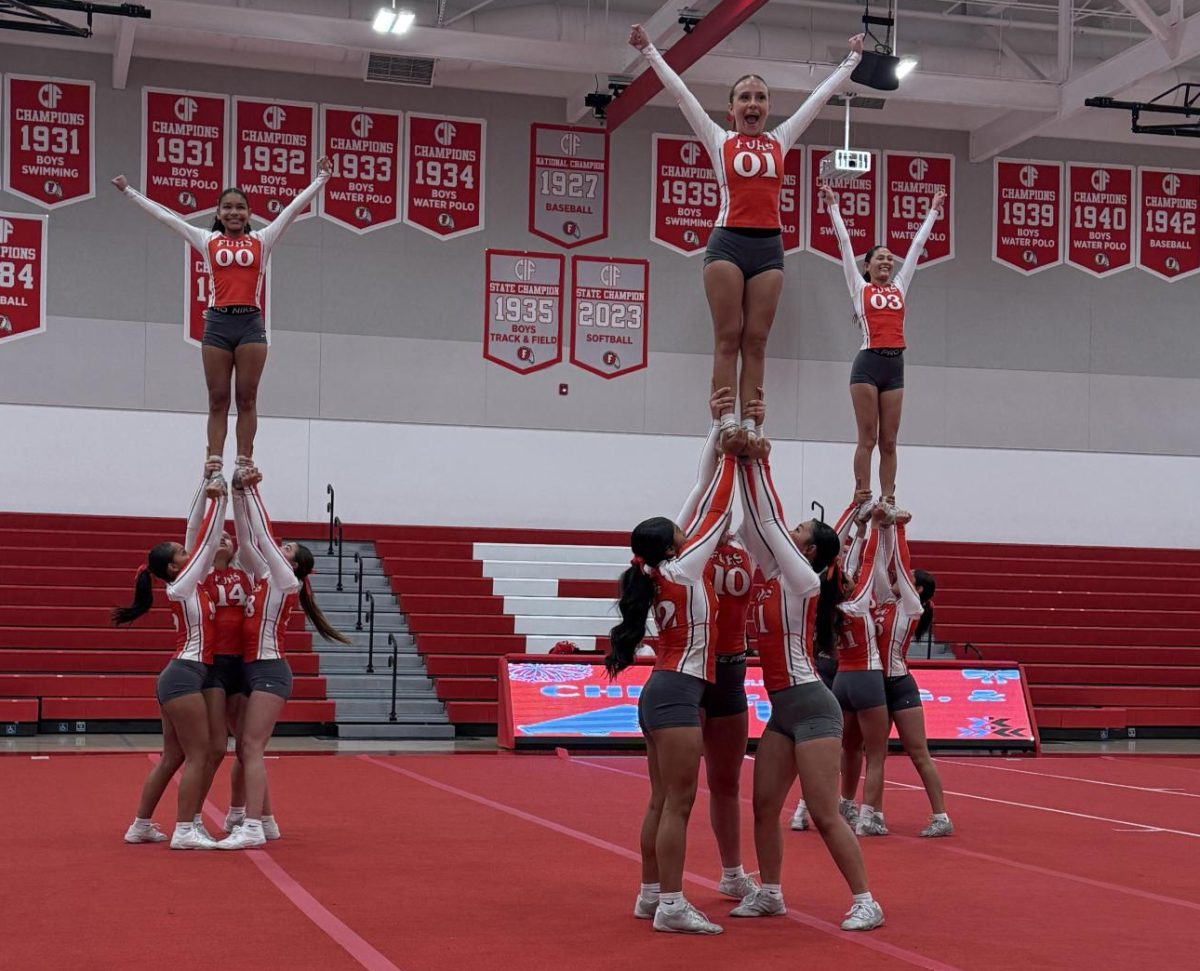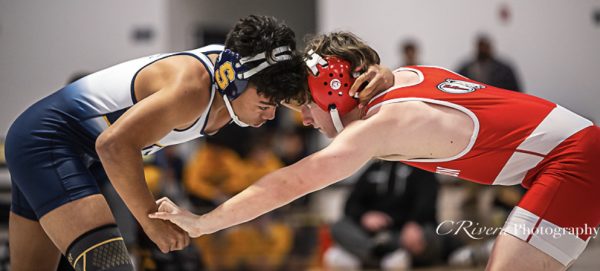
Senior Isaac Hurtado needed to lose weight his junior year. He committed to wrestling in the 126 lbs. weight class but weighed 128 lbs. only two days before his league match.
“I cut my hair to lose weight. I lost around two pounds just from cutting it,” said Hurtado, who chose not to wrestle this year.
Hurtado says wrestling was tough on both his body and his schedule. However, wrestling’s large focus on making weight was the hardest part.
Making weight is the process in which wrestlers alter their diets and lifestyles in order to fit into a specific weight class for their matches.
Hurtado said that wrestlers find common ground with the struggle to make weight, creating a unique bond compared to other sports.
“It is shared pain. We’ll talk about how hungry we are,” Hurtado said. “This will be a joke to us and a way to connect. On the other side of that, after weigh-ins, we just share food like a big family.”
Wrestlers typically eat unfulfilling meals the couple of days prior to a match to maintain a weight within their weight class. After official weight is recorded, wrestlers start eating almost immediately to ensure they have enough energy for matches. Sitting together and sharing food allows for the team to connect.
However, Hurtado said that making weight has physical consequences. “All those days chewing gum and then spitting out or not consuming foods and nutrients,” he said. “I would make myself throw up to be the least heavy as I possibly could be.”
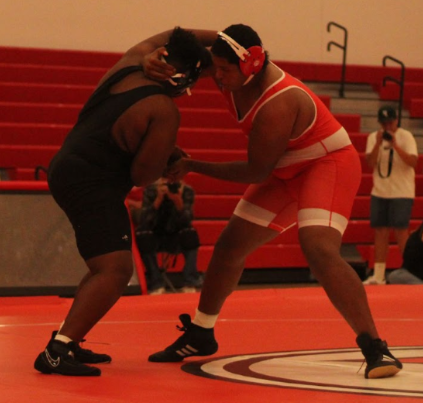
Wrestlers commit to a certain weight class before each match. The weight classes range from 106 to 220+ lbs, each with a range of 7-10 lbs. However, each weight class has room for only one wrestler per team. Despite the 7-10 lbs. of breathing room, wrestlers are encouraged to be at the very top of their weight class because competing against someone even a few pounds heavier can be difficult.
When wrestlers win a match, they can get anywhere from 3 to 6 points depending on whether they pin their opponent—meaning both shoulder blades are touching the ground—or by ending all 3-minute rounds with more points than their opponent.
Junior Christian Godinez said making weight is a top priority because if you can’t fit into your weight class, you can’t compete.
“If you don’t make weight, then you’re letting your team down, you’re letting your coaches down, because you promised you’d make that weight. You chose that weight class, and you didn’t make it,” said Godinez, FUHS’ heavyweight wrestler. “For a duel, that’s six points you’re giving up to the other team. That’s a pin that someone else has to make up, and they might not be able to.”
Godinez said that wrestling tournaments and practices only add to the intensity.
“Just to go through those practices every day. The heat. You’re always tired. You have to do that every single day. No stops, no breaks. And then you have tournaments. You’re waking up at like 4 a.m. to get here at the school at 5:30,” Godinez said. “Then you’re leaving at around 5:40 to go wrestle all day. It’s a hard sport. The amount of sweat that comes off your body in practice is insane. It’s like you jump into a swimming pool.”
For junior Noah Ervin, wrestling has taught him that there are consequences to his actions.
“Having to sometimes give up big meals, worrying about everything you eat, that’s so invasive in your life,” Ervin said. “It’s something so important to you, your eating and your diet.”
Ervin said that the wrestling diet is not just for making weight.
“Other athletes can go a weekend eating junk food and not have to worry if you’re going to gain any weight because you can just run it off,” Ervin said. “But with wrestling, there’s a lot more at stake when it comes to what you eat specifically because what you eat can also affect your performance. There are a lot more consequences.”
Ervin said that his mom opposed him trying to cut weight due to the fears of Noah developing an eating disorder.
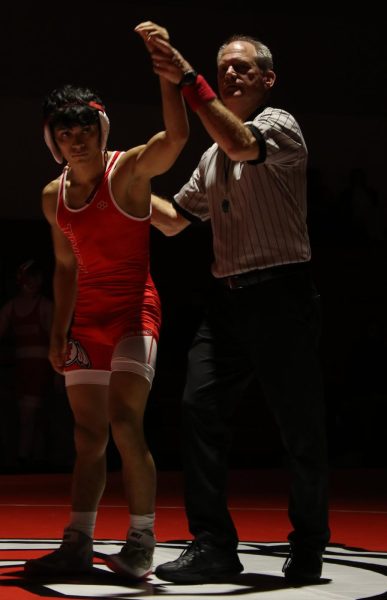
“I asked one of my buddies who did wrestling before and learned from his dad how to cut. His dad’s super-duper old school. He just ate less which is not healthy. So I just ate less,” Ervin said. “In my practices, I noticed that my performance was absolute garbage. I wasn’t getting any better and I felt really slow. My coach pulled me aside, and he was like, ‘dude, what’s going on? You look like crap out there.’ And I was like, ‘I’m just trying to cut to make weight.’”
Ervin said he stopped cutting to his previous weight of 138 lbs. after experiencing the intense side effects of a significantly low-calorie diet. Ervin said he would rigorously cut before his competitions, leaving him unenergized and unable to perform to his best ability.
“I’ve learned that I need to try and stay at my natural, God-given weight. I need to stay where I’m at and not try and mess with it too much,” he said. “If anything I should be gaining weight. I don’t want to stunt my growth or anything.”
Ervin says that it’s important to remember that cutting weight for wrestling and developing an eating disorder don’t go hand-in-hand.
“I definitely feel the whole stigma around the cutting and the eating disorders. It gives the sport a bad rep. But it only gets to that point if you’re not doing it correctly,” he said. “That’s something that should really be emphasized is that as a wrestler you have to be responsible about it.”
Wrestling coach Jaysen Baxter agrees.
“When it comes to dedication and discipline, there’s no high school sport quite like wrestling. In other sports, staying in shape is important. But in wrestling, weight management becomes an entirely different beast,” Baxter said. “No other athlete has to track every calorie, gram of protein, and pinch of salt they consume just to fit into a specific weight class. It takes an incredible amount of commitment to stay on top of all that, on top of the brutal training itself. That’s what makes wrestling so mentally and physically demanding – it’s a constant battle against yourself.”
Baxter said that the aspect of cutting weight has changed significantly with new regulations to protect wrestlers.
“Back in the day, yes, some wrestlers resorted to unhealthy practices to cut weight. But now, with hydration testing, stricter regulations, and a focus on long-term, sustainable weight management, things are much safer,” Baxter said. “The kids lose weight gradually, prioritizing health and performance over quick fixes.”
Baxter said that while making weight is hard, it allows wrestling to be a sport where there is a place for everybody.
“Unlike other sports where size can be an advantage, in wrestling, every weight class offers a shot at glory. Anyone regardless of size, can step onto the mat and become a hero for our team,” Baxter said. “Just imagine a 106-pound football player trying to tackle a 220 running back. The odds wouldn’t be in his favor. But on the wrestling mat? Size doesn’t matter as much. Skill, technique, and unwavering determination, that’s what sets champions apart.”





